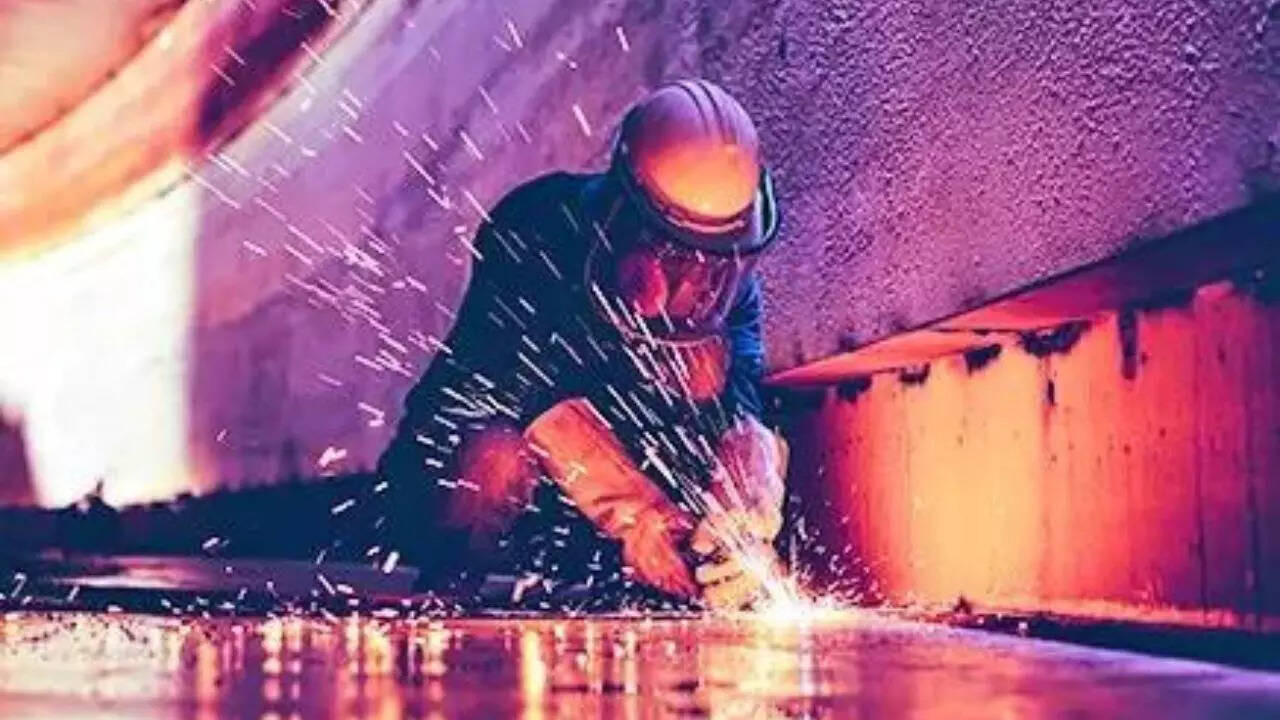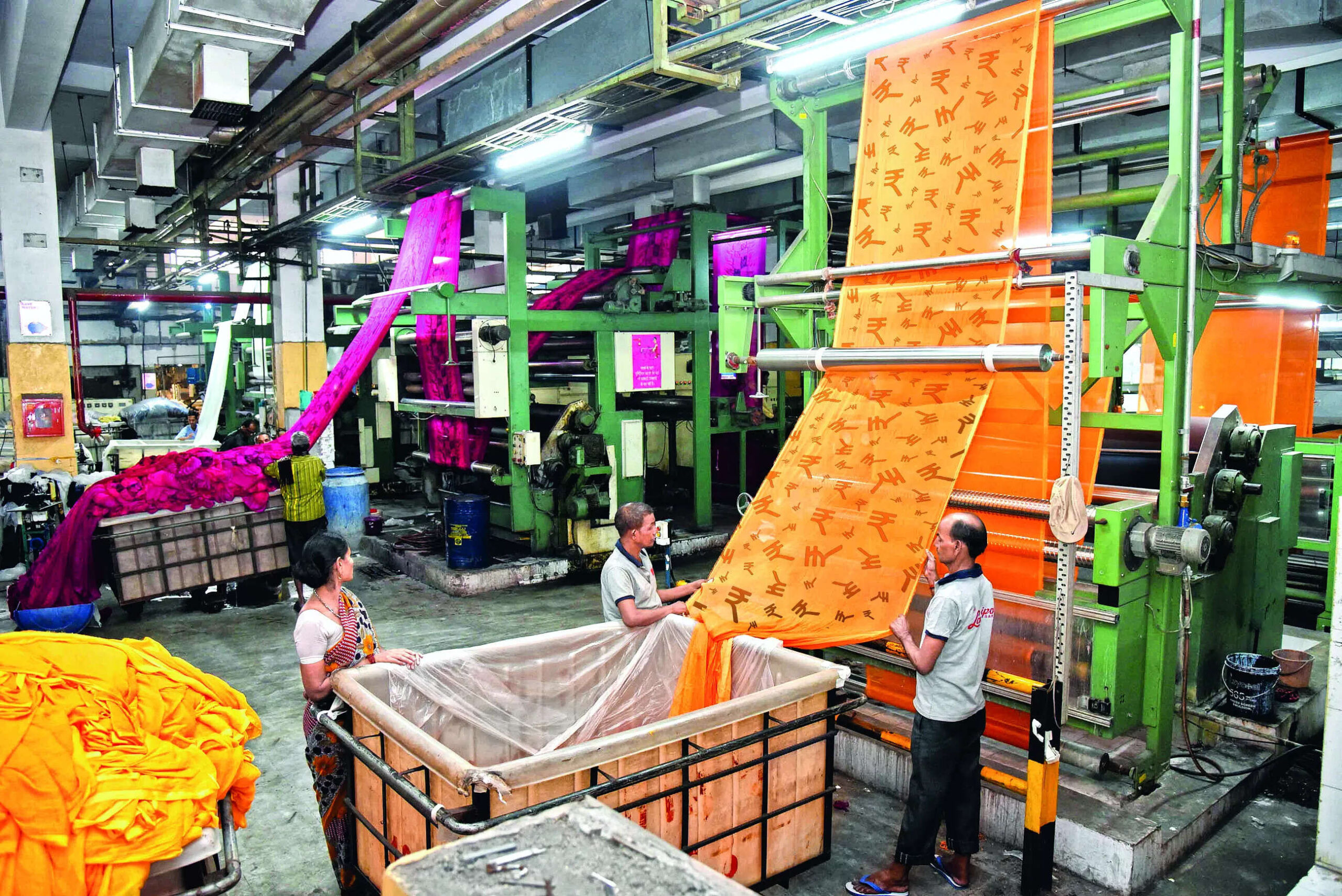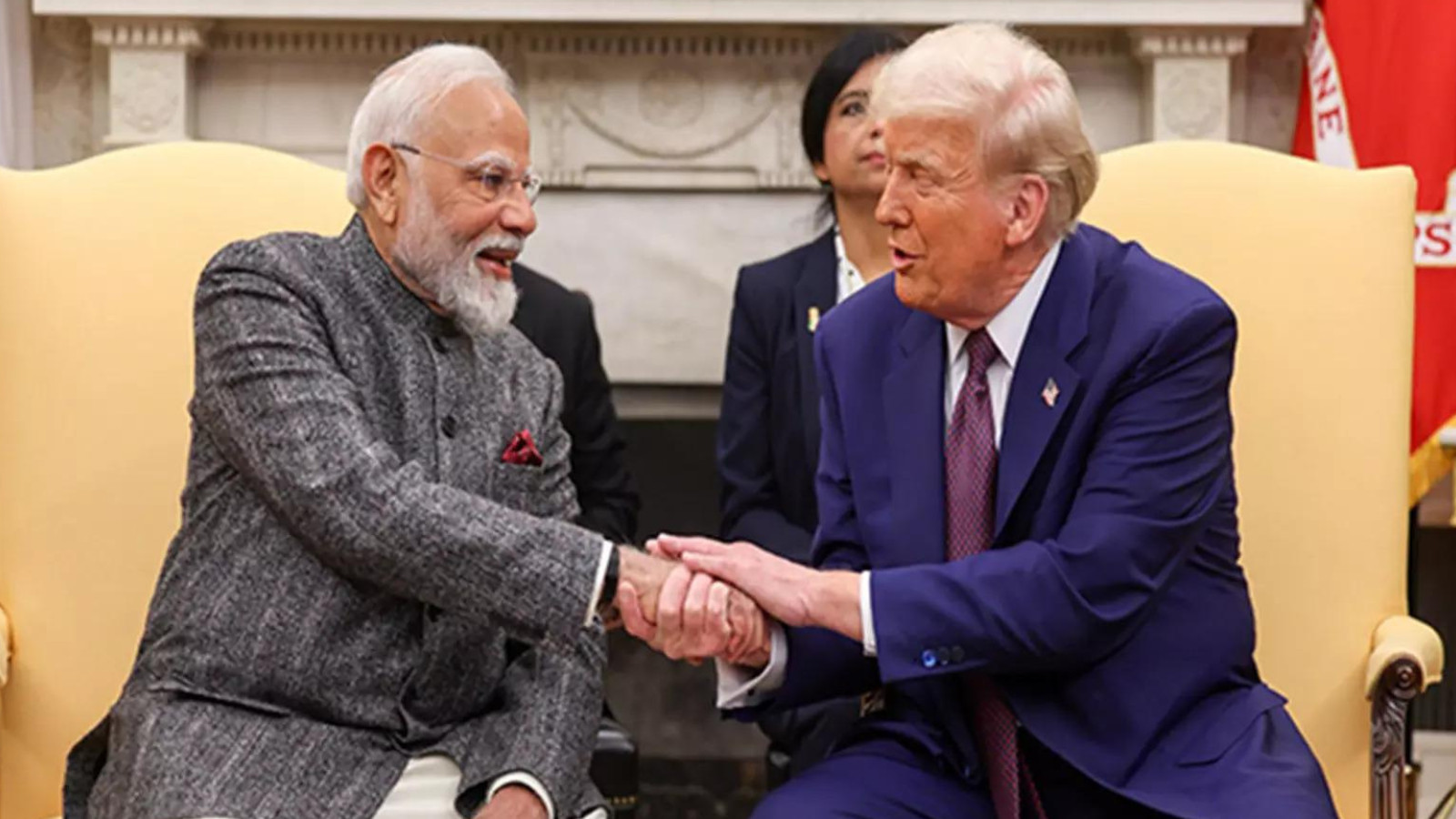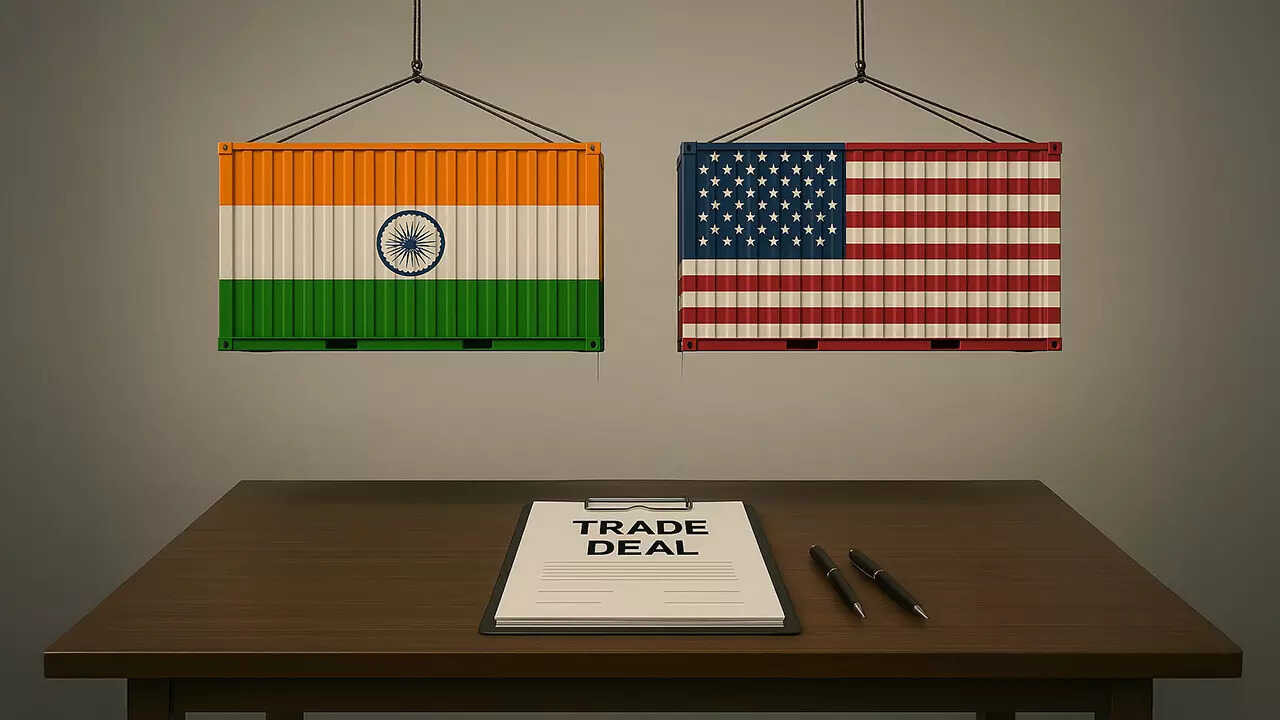India and the European Union concluded their 14th round of free trade agreement negotiations in Brussels, aiming to resolve outstanding issues and finalize the deal by year-end. Both sides are focused on narrowing gaps in trade of goods and services, with high-level discussions underway to accelerate progress on the long-pending pact.
India and the EU: A Trade Deal Beckons?
The air crackles with anticipation as India and the European Union inch closer to a comprehensive trade agreement. After a flurry of discussions in Brussels, the 14th round of negotiations wrapped up recently, leaving observers cautiously optimistic about the prospect of a deal by year’s end. This isn’t just about tariffs and quotas; it’s about forging a deeper economic partnership that could reshape trade flows and unlock significant opportunities for both sides.
Imagine a landscape where Indian mangoes and spices grace European tables with even greater ease, and where cutting-edge European technology finds a ready market in India’s burgeoning economy. That’s the potential the India-EU trade agreement holds.
The latest round saw negotiators huddling over a vast range of issues, from intellectual property rights and investment protection to sustainable development and geographical indications – those labels that guarantee the unique origin and quality of products like Champagne or Darjeeling tea. Progress, while steady, requires navigating complex sensitivities and striking a balance that benefits all stakeholders.
But why is this trade deal so important? For India, access to the EU’s single market – one of the world’s largest – could boost exports, attract foreign investment, and create jobs. It’s a chance to integrate further into global value chains and solidify India’s position as a major economic power. On the other side of the coin, the EU is keen to tap into India’s vast consumer market and dynamic economy, diversifying its trade relationships and securing access to a skilled workforce. In a world grappling with geopolitical uncertainties, a strong India-EU partnership sends a powerful signal of cooperation and shared prosperity.

Of course, the path to a deal isn’t without its hurdles. Differences in regulatory standards, concerns about data privacy, and the need to protect vulnerable sectors all demand careful consideration. Negotiators are burning the midnight oil to bridge these gaps and find common ground. The push for sustainability adds another layer of complexity, ensuring that the trade agreement promotes environmentally sound practices and respects labor rights.
So, what’s next? The momentum is clearly there, with both sides expressing a strong commitment to reaching an agreement by the end of the year. This ambitious timeline suggests a willingness to compromise and a recognition of the strategic importance of the India-EU trade agreement. Further rounds of negotiations are planned, along with ongoing consultations with businesses, civil society organizations, and other stakeholders. The goal is to craft a deal that is not only commercially viable but also inclusive and sustainable.
While a comprehensive Free Trade Agreement (FTA) is the primary focus, talks are also progressing on a separate Investment Protection Agreement (IPA) and an agreement on Geographical Indications (GI). These parallel negotiations reflect the multifaceted nature of the India-EU relationship and the desire to create a robust framework for economic cooperation. This holistic approach could ensure maximum benefits for all involved.
Reaching a final agreement would represent a major achievement, marking a new chapter in the relationship between India and the EU. It would be a testament to the power of dialogue, the pursuit of mutual benefit, and the shared commitment to a more prosperous and interconnected world. This will strengthen international relations by solidifying ties with key partners and ensuring a balance of power. For similar insights on related economic developments, check out our analysis of recent economic partnerships.
The potential India-EU trade agreement promises to be a game-changer, but only time will tell if the ambition translates into a concrete deal. Regardless of the outcome, the ongoing negotiations highlight the growing importance of the India-EU partnership and the determination to explore new avenues for collaboration. The world watches with bated breath, eager to witness the unfolding of this potentially transformative economic alliance.







